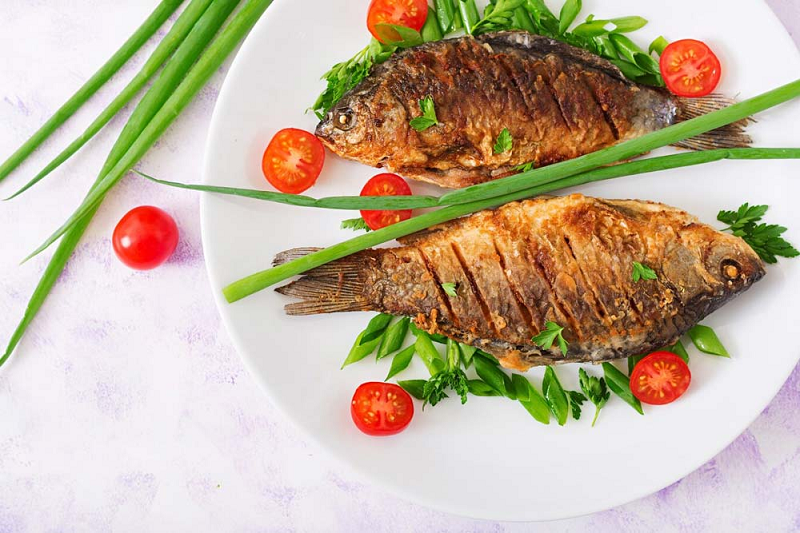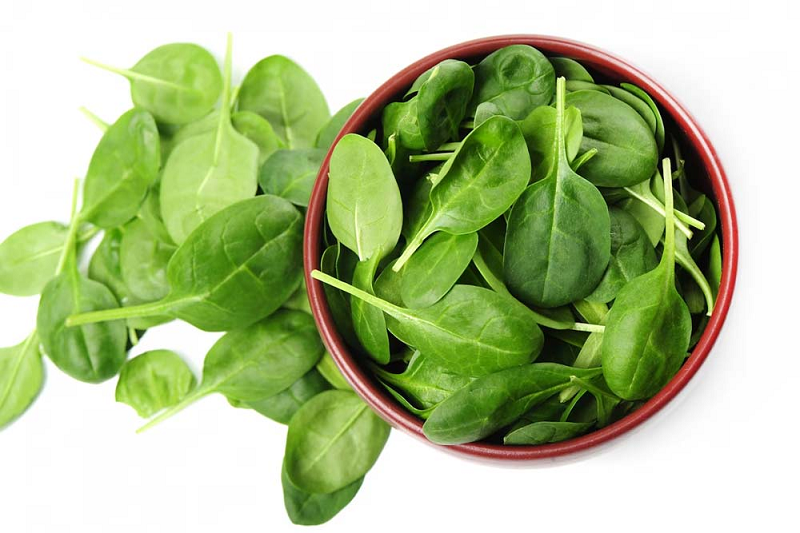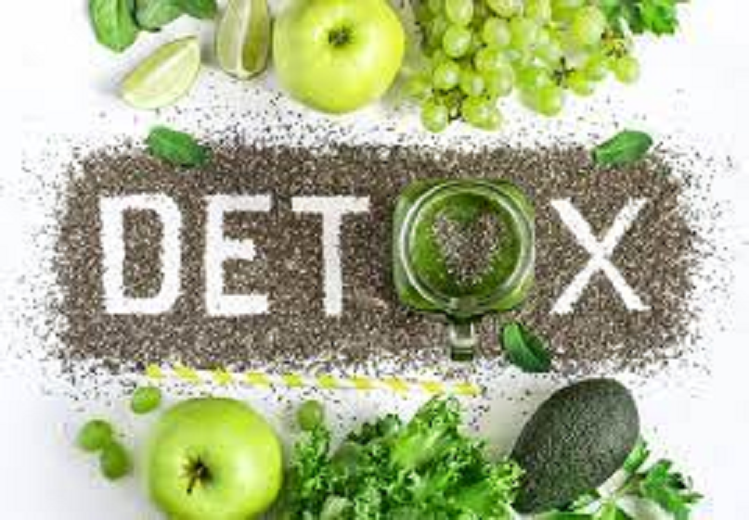There is often swelling or pain in some people's bodies. Inflammation acts as a natural defence in our body. When a wound swells and turns red, this inflammation works to heal it. But when inflammation becomes chronic and is caused by reasons like poor diet and smoking, it takes the form of many serious diseases. These serious diseases include many health problems including heart disease, diabetes, arthritis, cancer and depression.
You must have noticed that some things are prohibited in case of arthritis. Someone starts having joint pain after eating a particular fruit or vegetable. This happens when inflammation becomes chronic. However, if you make changes in your diet and consume an anti-inflammatory diet, you can avoid diseases. Nutritionist Shikha Gupta has shared a post on her Instagram handle. In this, he has told about those things which help in reducing inflammation.
What is an anti-inflammatory diet?

This means those things which prevent any kind of inflammation in your body. If you have a condition that causes chronic inflammation, this diet may reduce some of your symptoms. Anti-inflammatory diets are generally considered safe, but you should always consult your nutritionist before trying them. This diet includes some fruits and vegetables, whole grains, legumes, seeds, fatty fish low-fat dairy products, etc.
1. Consume fatty fish
The best sources of omega-3 are fatty fishes, such as salmon, tuna, sardines and mackerel. Eating 3 to 6 ounces of these fish two to four times a week is recommended for reducing inflammation and heart health. Salmon is rich in omega-3 properties, which is a powerhouse of anti-inflammatory properties. This is a healthy fat, which reduces inflammation in your body and takes care of your overall health. You must also include it in your diet.
2. Consume nuts and seeds
Many nuts and seeds are a good source of polyunsaturated and monounsaturated fats, which reduce cholesterol and heart disease risk. They are also a good source of protein and antioxidant vitamins and minerals. Additionally, some nuts and seeds are rich in alpha-linolenic acid (ALA), a type of anti-inflammatory omega-3 fatty acid. Almonds, hazelnuts, peanuts, pecans, pistachios and walnuts contain high amounts of fibre, calcium, magnesium, vitamin E and omega-3 fats. It is known for its anti-inflammatory properties.
3. Consume berries
From strawberries, and blackberries to cranberries and blueberries, these fruits are known for their antioxidants and anti-inflammatory properties. Along with fibre and vitamin C, berries contain plant pigments and phytochemicals like anthocyanins and ellagic acid, which provide several health benefits. This is why you should include plenty of berries in your diet. You can eat them in the form of salad, juice or smoothie.
4. Consume leafy vegetables

Eat green leafy vegetables rich in nutrients like spinach and kale. Rich in vitamins, minerals and antioxidants, these vegetables help soothe inflammation in the body and support a healthy immune system.
5. Consume cruciferous vegetables

Broccoli, cauliflower, bokchoy and Brussels sprouts are part of cruciferous vegetables. These are popular for their anti-inflammatory properties. A sulfur-containing compound called sulforaphane is found in these. It is believed to provide many health benefits.
- Consume herbs and spices
Herbs and spices like turmeric and ginger are also considered good and effective in this case. It is considered effective due to the active compound curcumin in turmeric. Several studies show that 1,000 mg daily may reduce pain and inflammation from osteoarthritis and protect the bones of people with rheumatoid arthritis.
Foods that cause bloating-
If you are fond of fried, processed or carbonated things, then reduce their intake. These foods with low nutrients cause inflammation in your body. The things you should avoid are-
- Sweets, cakes, carbonated drinks
- Red and processed meats
- Butter and cheese
- Fried food
- Trans fat
- Gluten-containing food
- Alcohol
If there is swelling in your body, then read this article to understand what you should eat and what you should not eat. Also, drink an adequate amount of water. Consult your nutritionist and make an anti-inflammatory diet a part of your life.
Image Credit: Freepik










